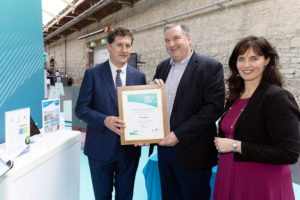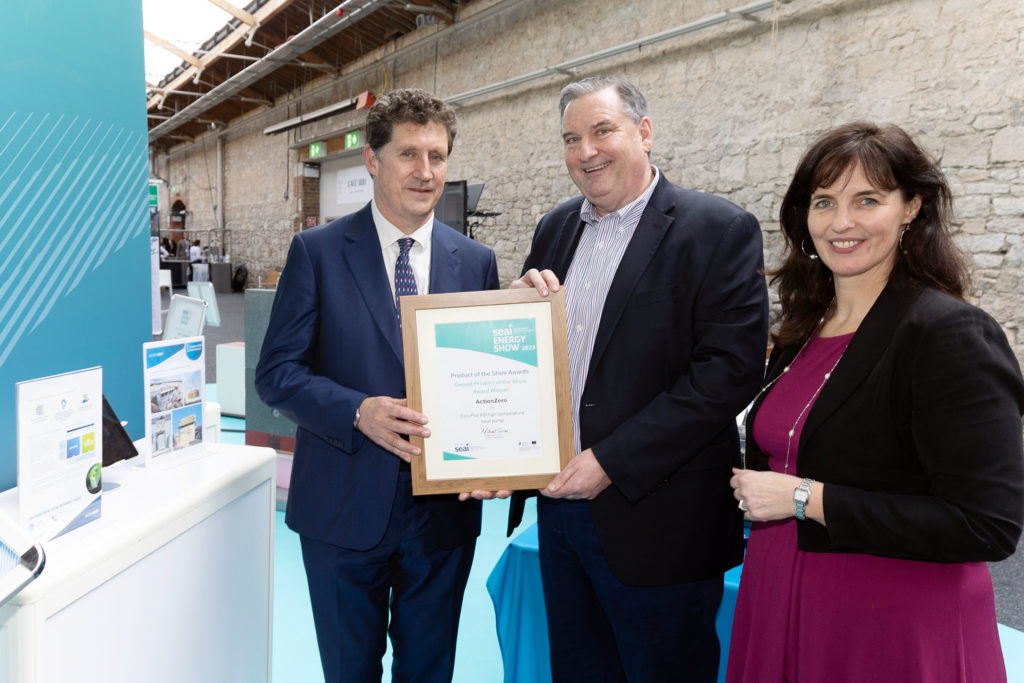By John O’Leary, Chief Technology Officer at ActionZero
After COP26, I am reminded of the typical growth curve of bacteria in a petri dish. There is the initial lag phase whilst the colony establishes itself, followed by exponential growth as the colony thrives. Then, as nutrients are depleted, and toxic by-products increase in concentration, comes the plateau and finally the death phase.
Look at planet earth – a giant petri dish. We are in a population growth phase. The human population is set to grow from 7.9 to 9 billion over the new few decades, but already we see the effects of diminishing resources, and toxic by-products. There is no doubt that the planet that we hand over to our children will be much different to the one we inherited. The rate of change is frightening and amongst many, there is a growing sense of helplessness that hasn’t been assuaged by COP26.
- We are still intent on burning fossil fuels, which contributes massively to global warming.
- The outputs from our growth are toxic. CO2 and other greenhouse gas emissions are causing the climate to change. Plastics are poisoning the seas and sea life.
- We need more land to allow for increased food production to feed the extra billions, yet the availability of arable land in decreasing due to climate change. Economic migration is more prevalent and will increase population densities in developed countries.
Most of population growth will be from the developing world, and as it develops, the requirement for energy and resource will increase exponentially. The inequity of climate change is obvious – the poorest are more vulnerable and will suffer more – and the irrelevant question about who is responsible, who should take responsibility, and how much, continues to be debated.
The problem is a global one, and the effort should be to identify the available technical solutions, and for the developed blocs to support their deployment wherever they are most effective, on a global scale.
Change must come from industry
Technology to decarbonise electricity production is well understood. Offshore wind, solar PV and even nuclear are all available and are being deployed. Transport will benefit from (green) electrification and (green) hydrogen.
The decarbonisation of heat is difficult. With heat, there is a hierarchy of demand-based loosely on the temperature range at which that heat is required.
Low/medium grade heat is required for space heating, hot water, and process heating. Heat pump technology is available for domestic, commercial and industrial users that require heat at temperatures up to 100°C and using green electricity, fossil fuels can and should be eliminated from this class of heating. In many cases, there are significant financial benefits that support the environmental benefits.
Higher temperature heating for some industrial processes remains problematic and either hybrid systems, direct electric or hydrogen-fuelled systems may be partial solutions.
The key is to incentivise the deployment of available technologies where they are most effective and to prohibit the use of fossil fuels where these viable alternatives exist.
In the west most ‘big’ energy is consumed by industrial and commercial operations. So, big answers and changes must come from industry. And industry is primed to make the change – it has the management structures; it is target driven; it is cost-driven, and its client base is demanding change.
For the foreseeable future, we will continue to use fossil fuels, but we need to use them only where there isn’t a green alternative, and we need to massively increase the efficiency with which we use them, working in tandem with other technologies to increase utilisation efficiency.
As far as I am aware, bacteria aren’t particularly intelligent, and can’t consciously invent new nutrient sources, or systems to avoid poisoning themselves. Neither do they have a social conscience. The guys in the most nutrient-rich part of the dish don’t care about those in the depleted toxic part. They don’t know that soon it will be them. Hopefully we’re better than that.









